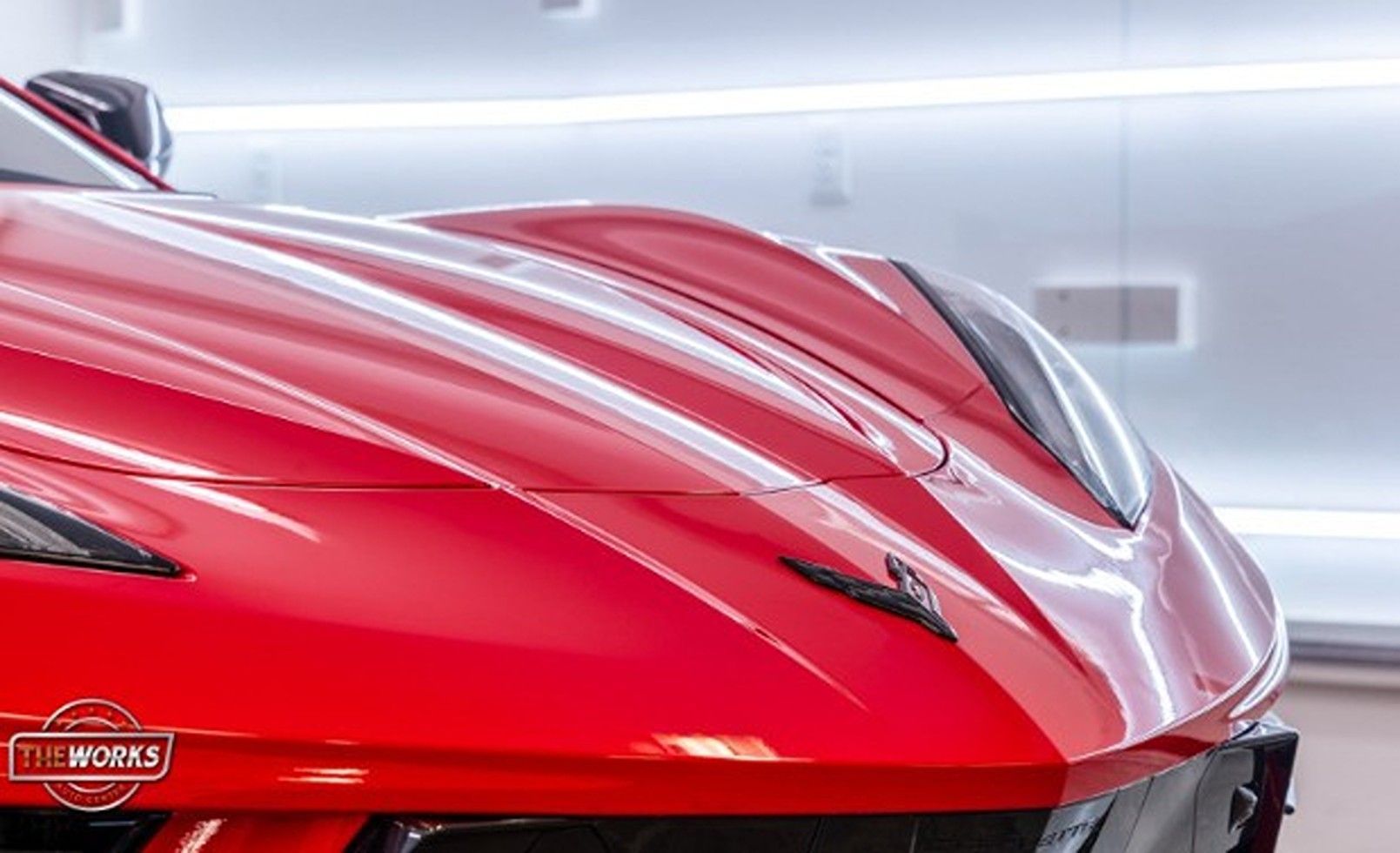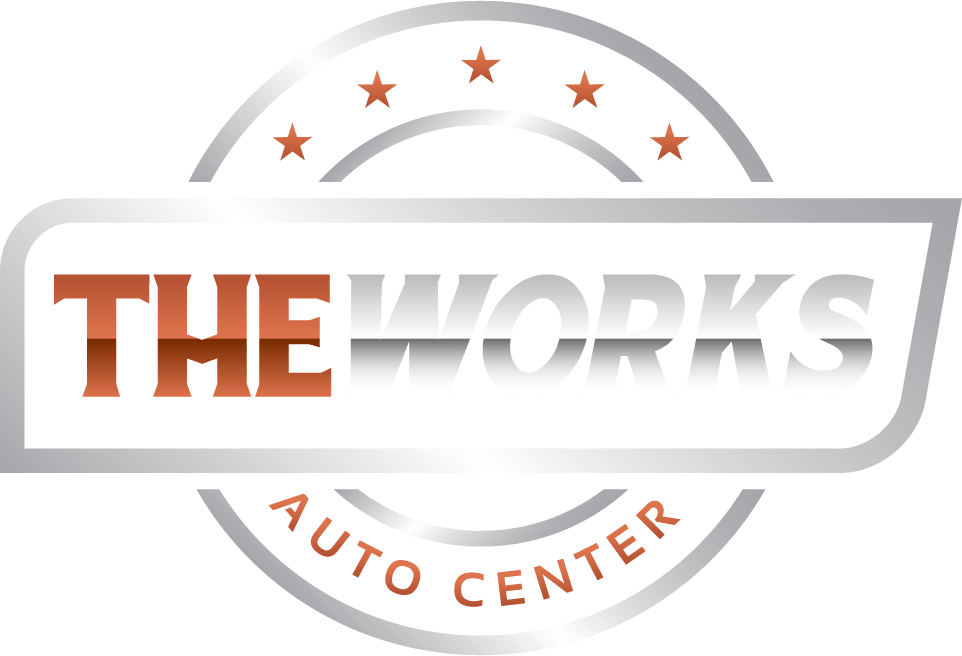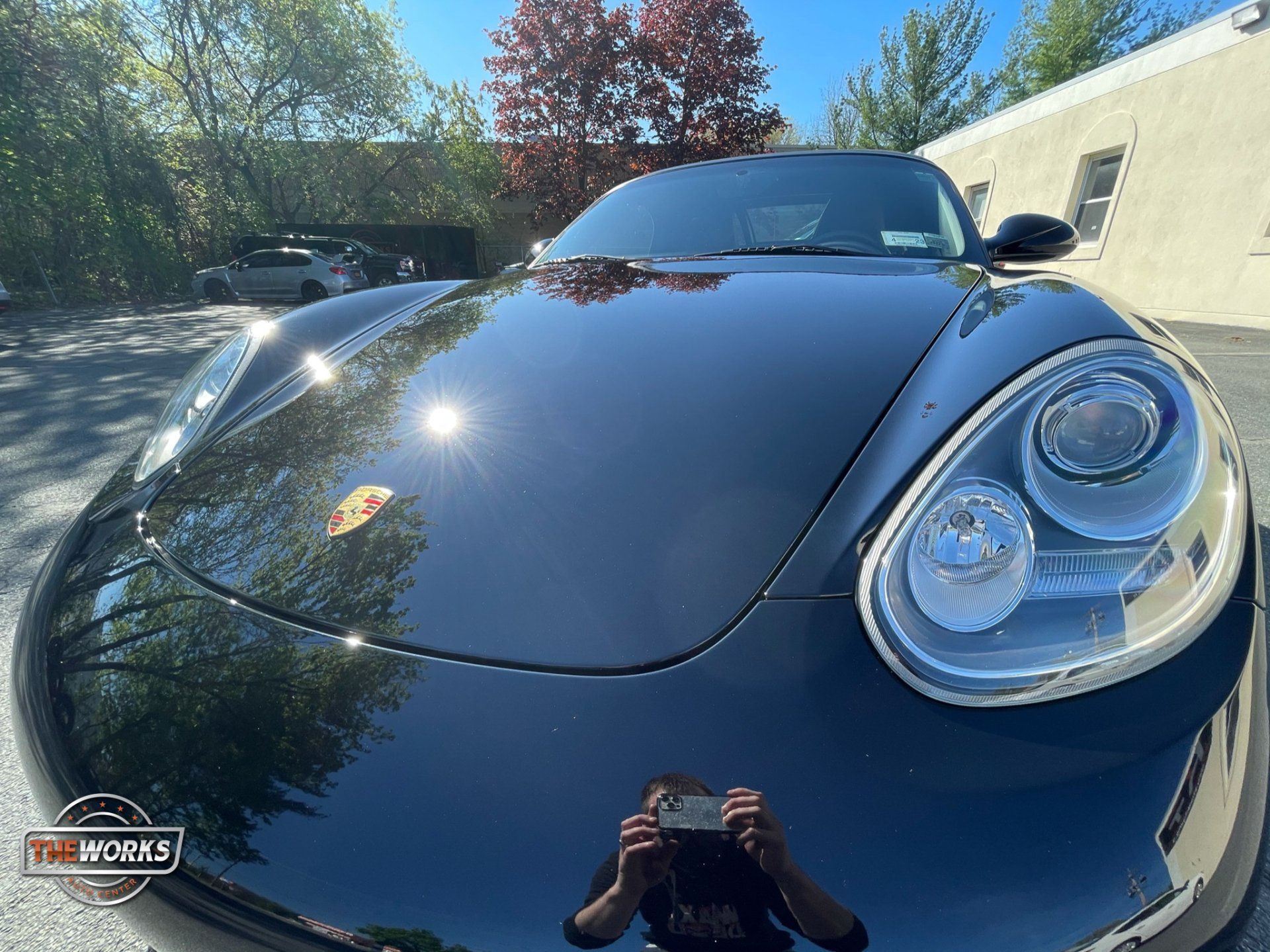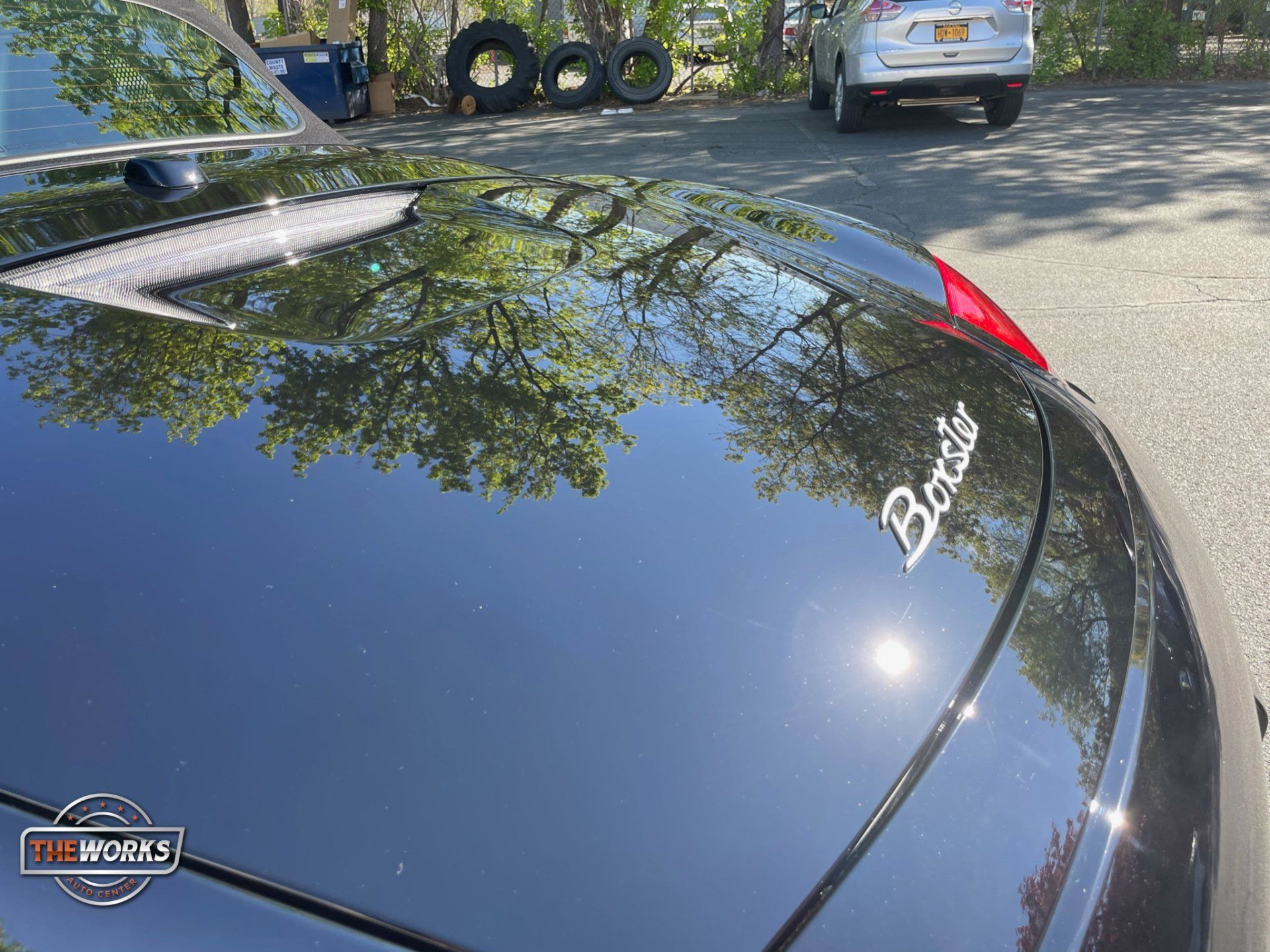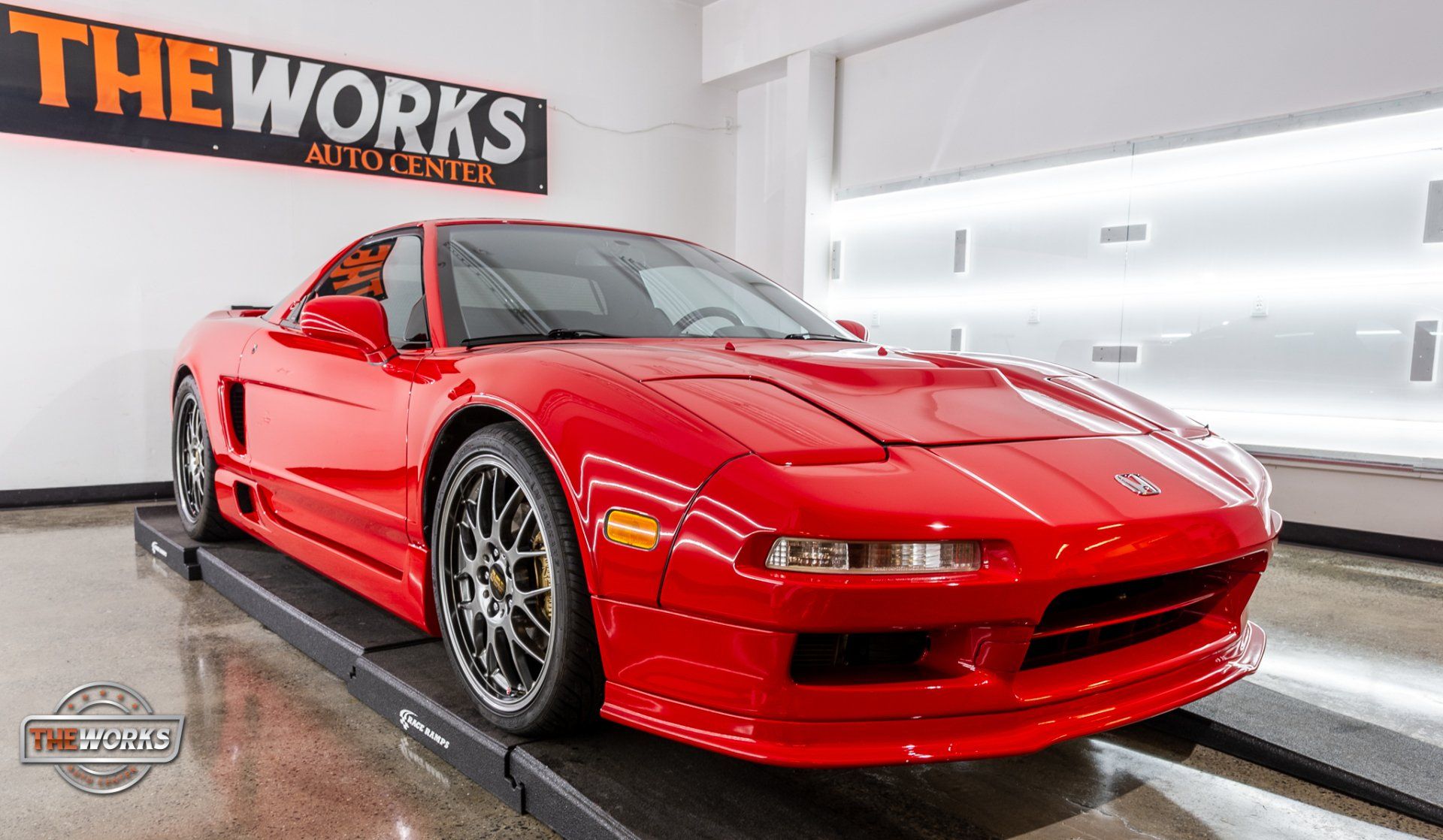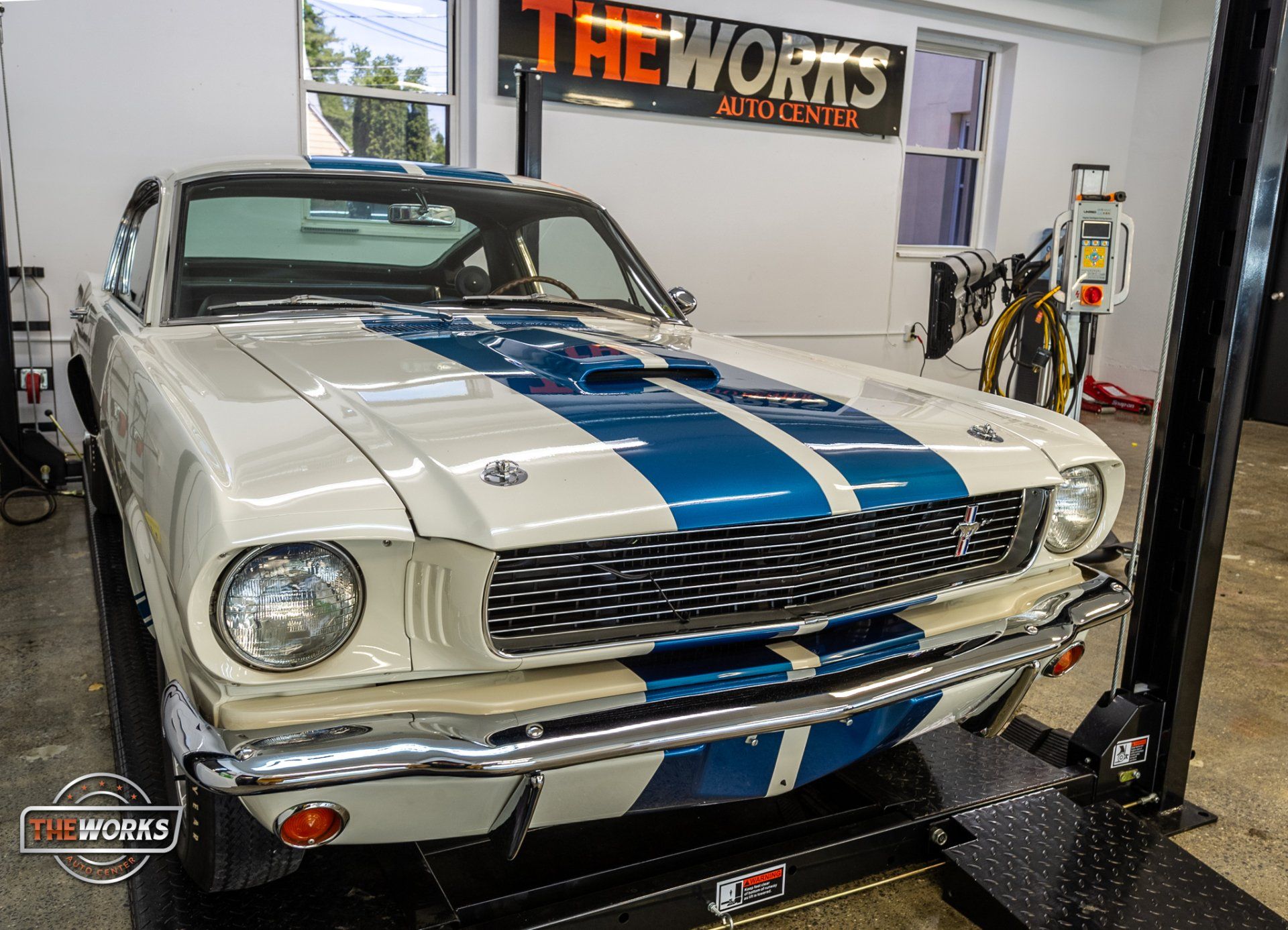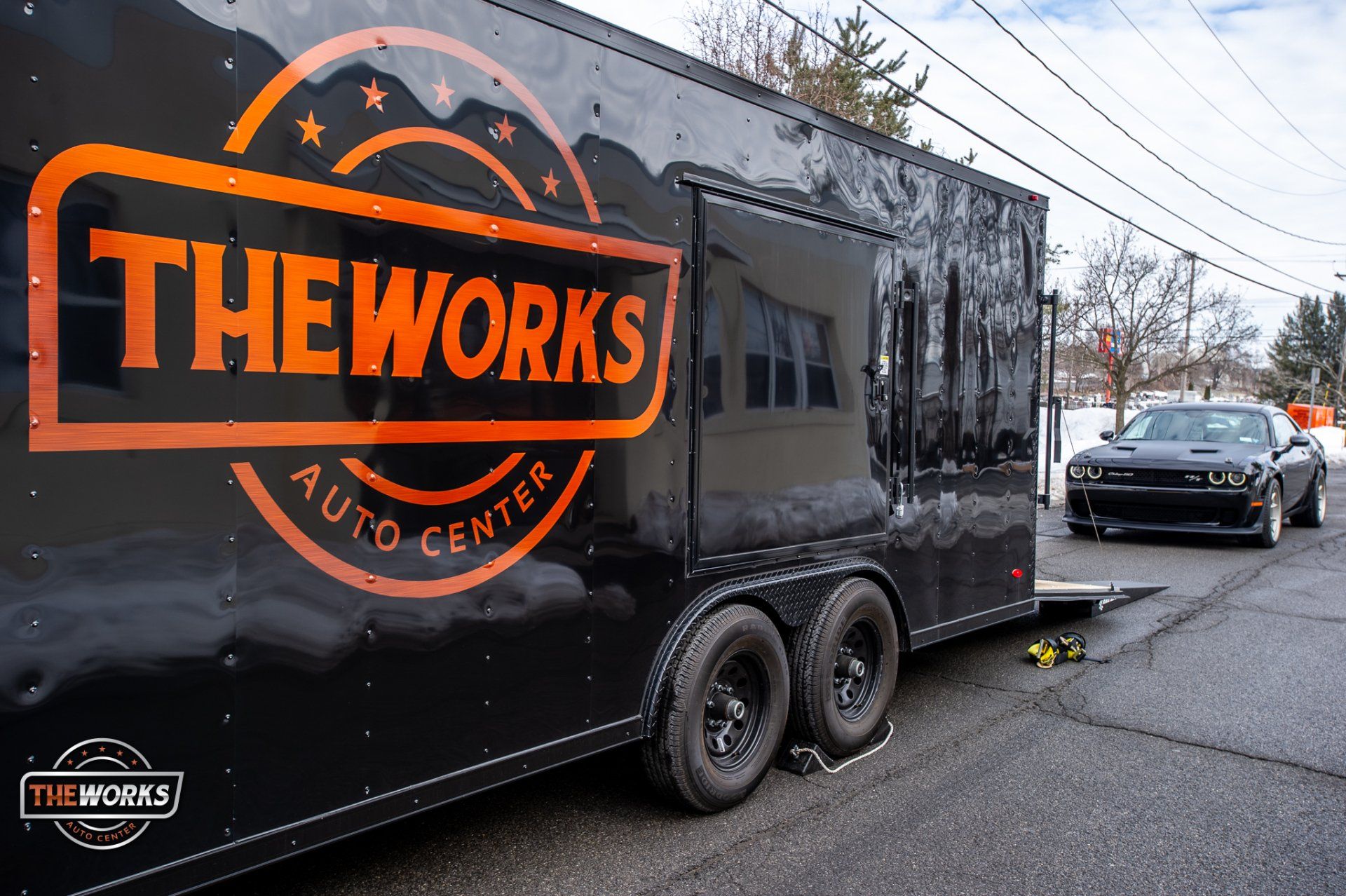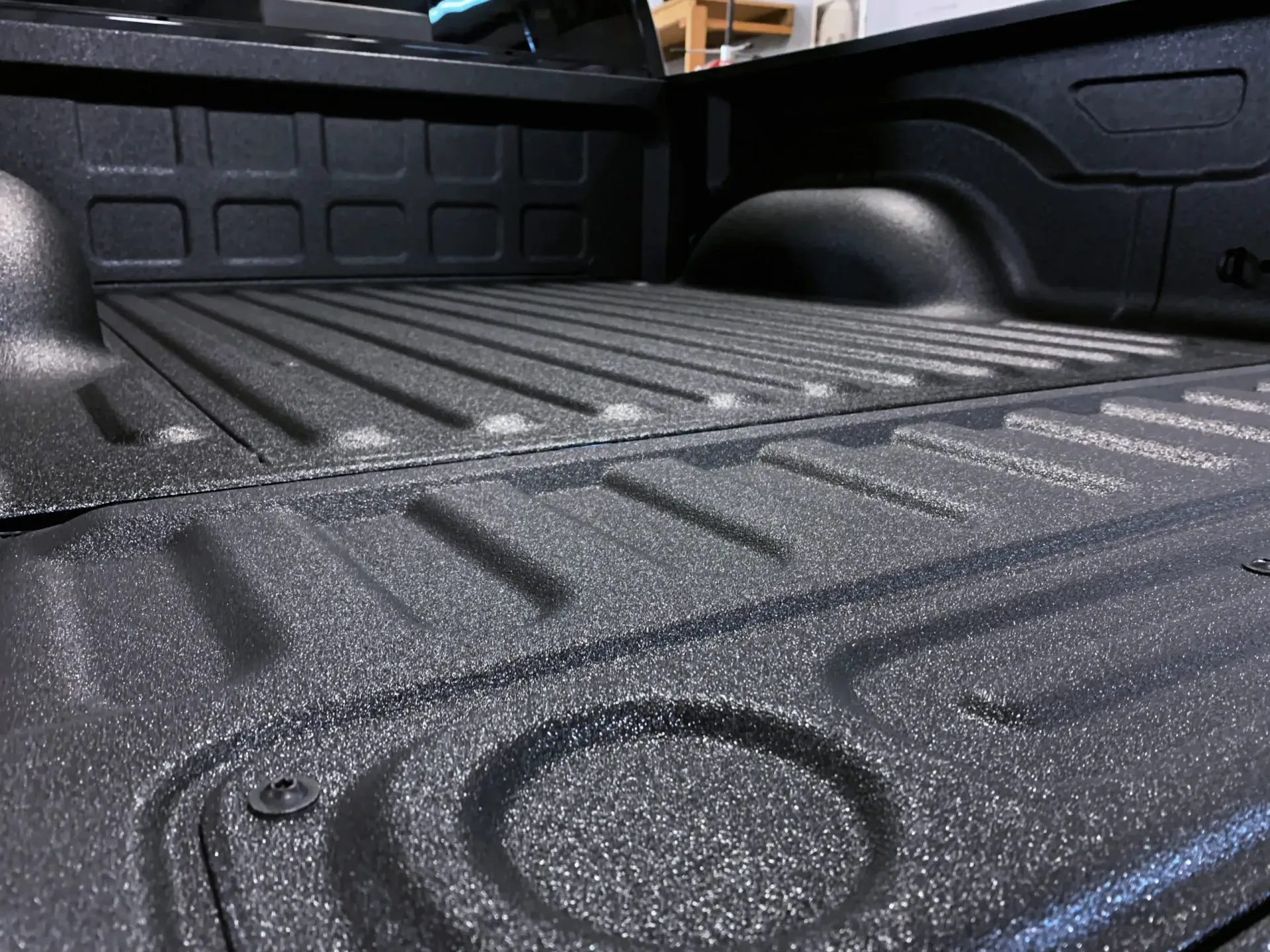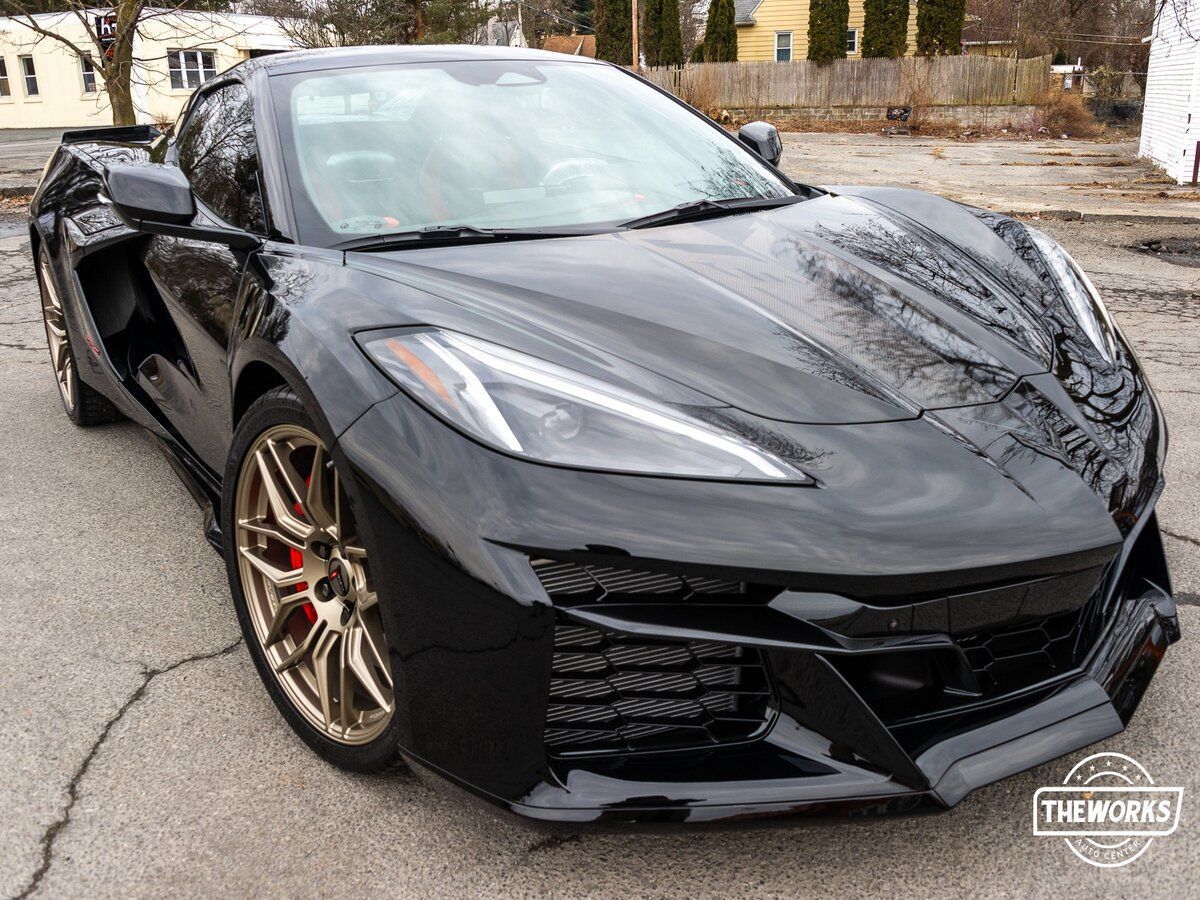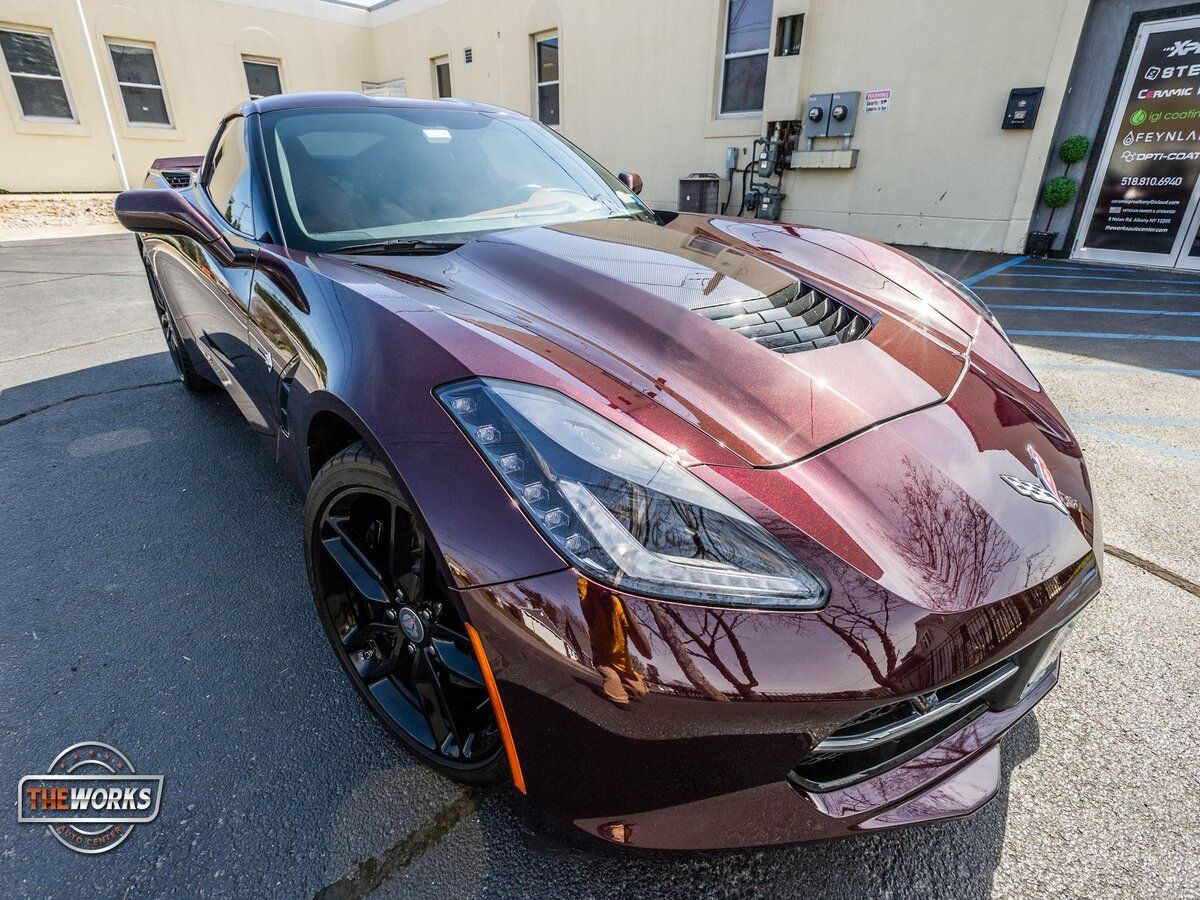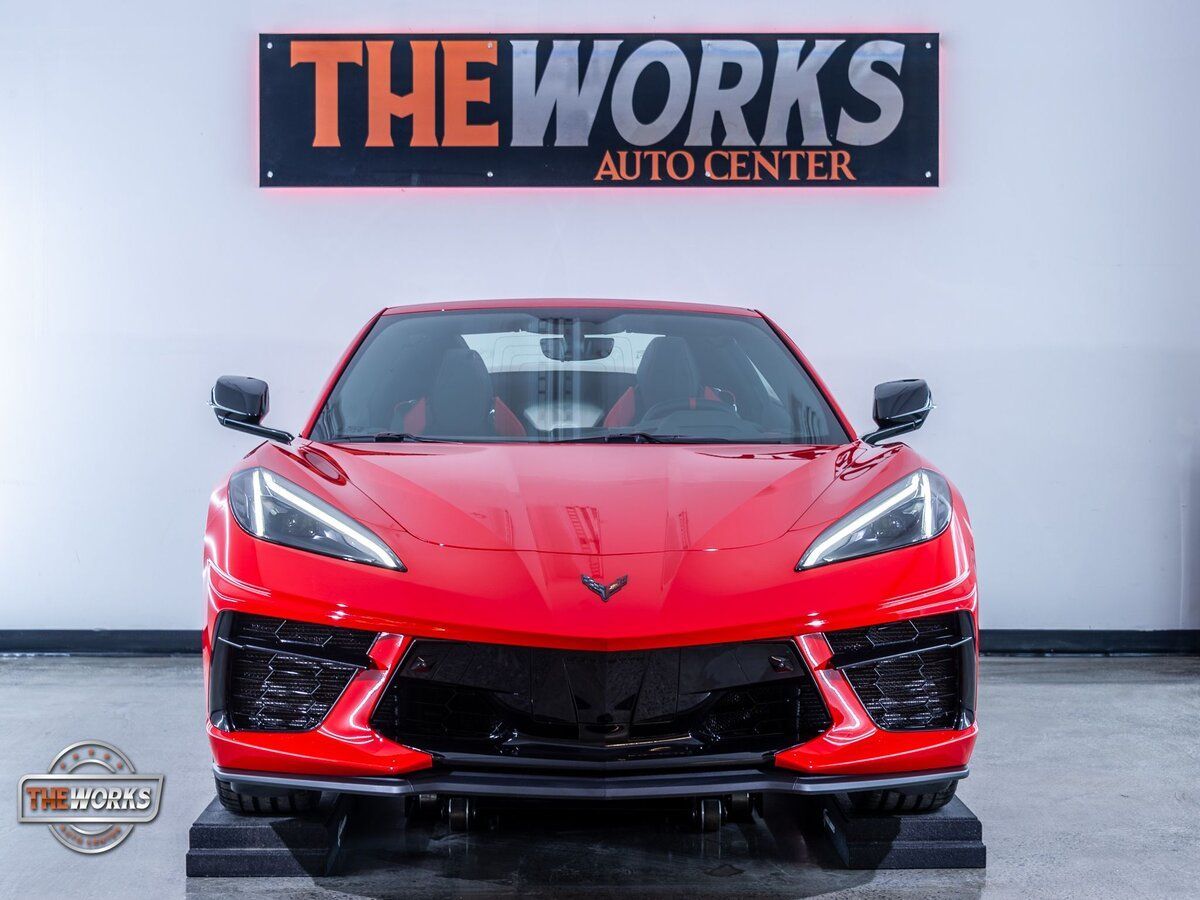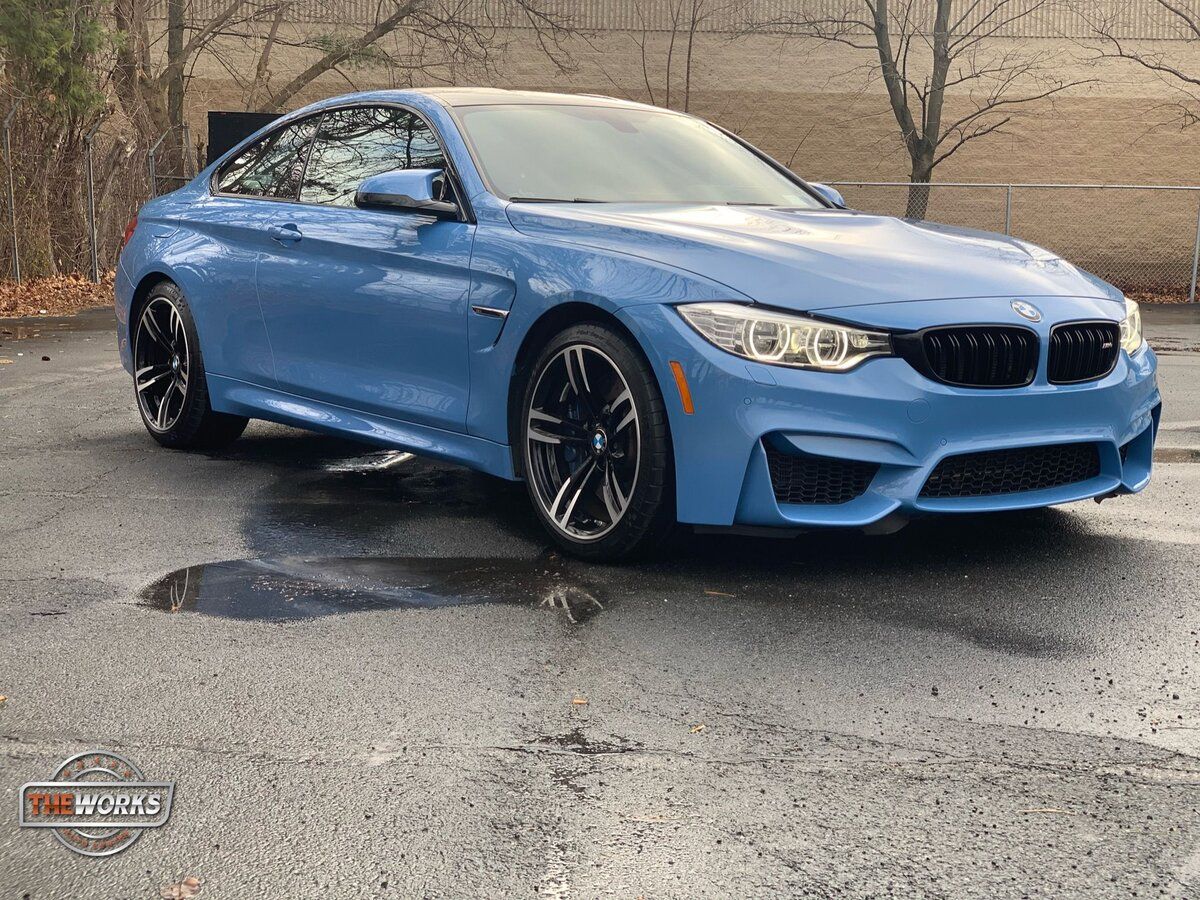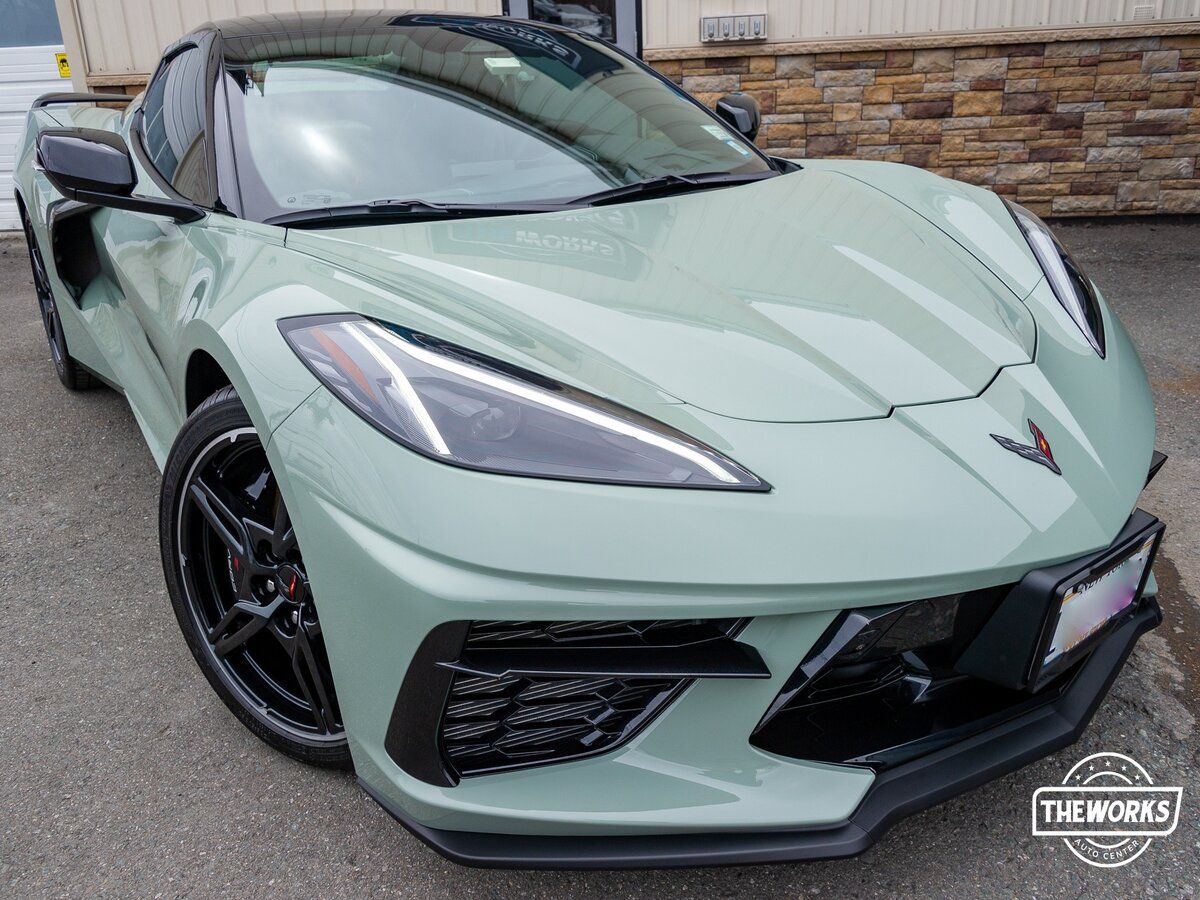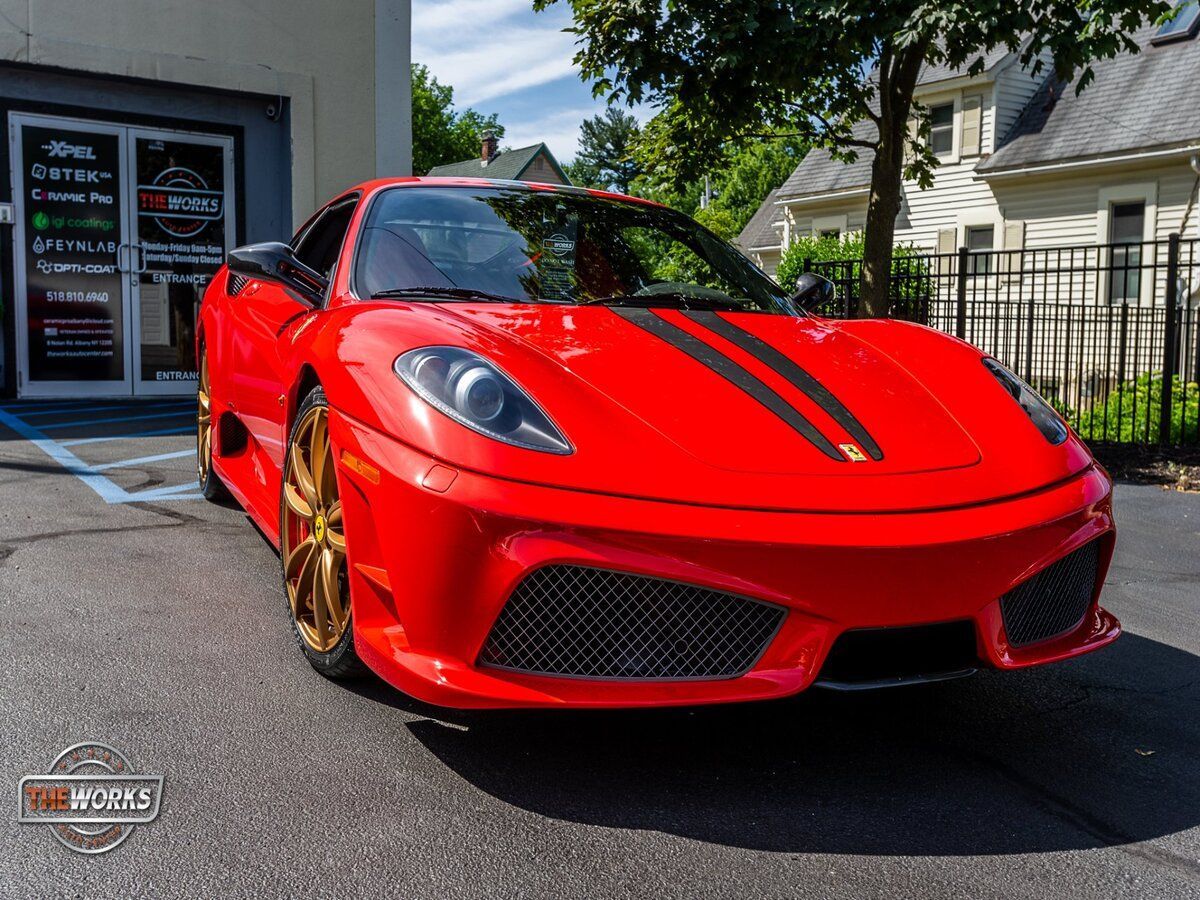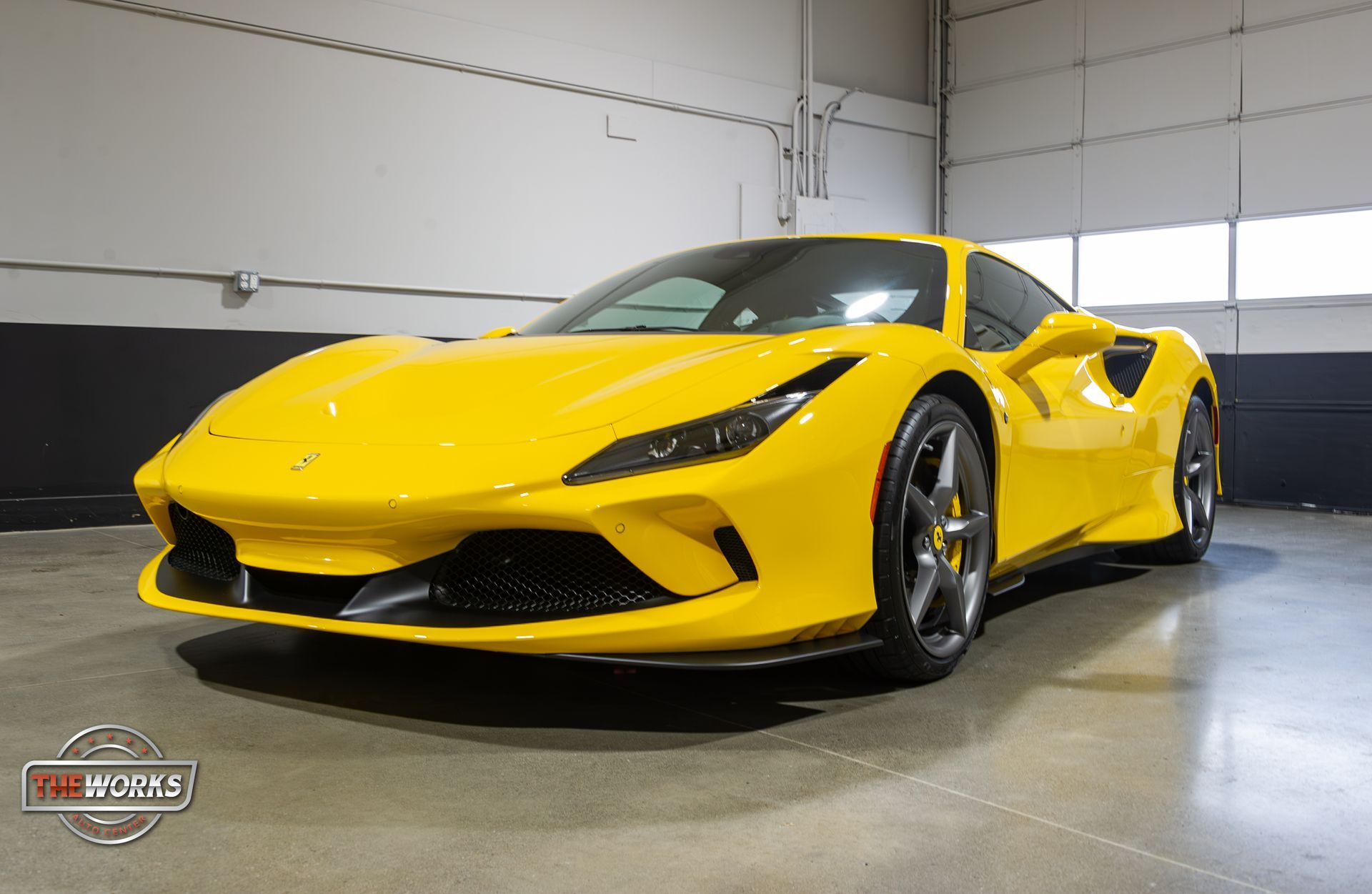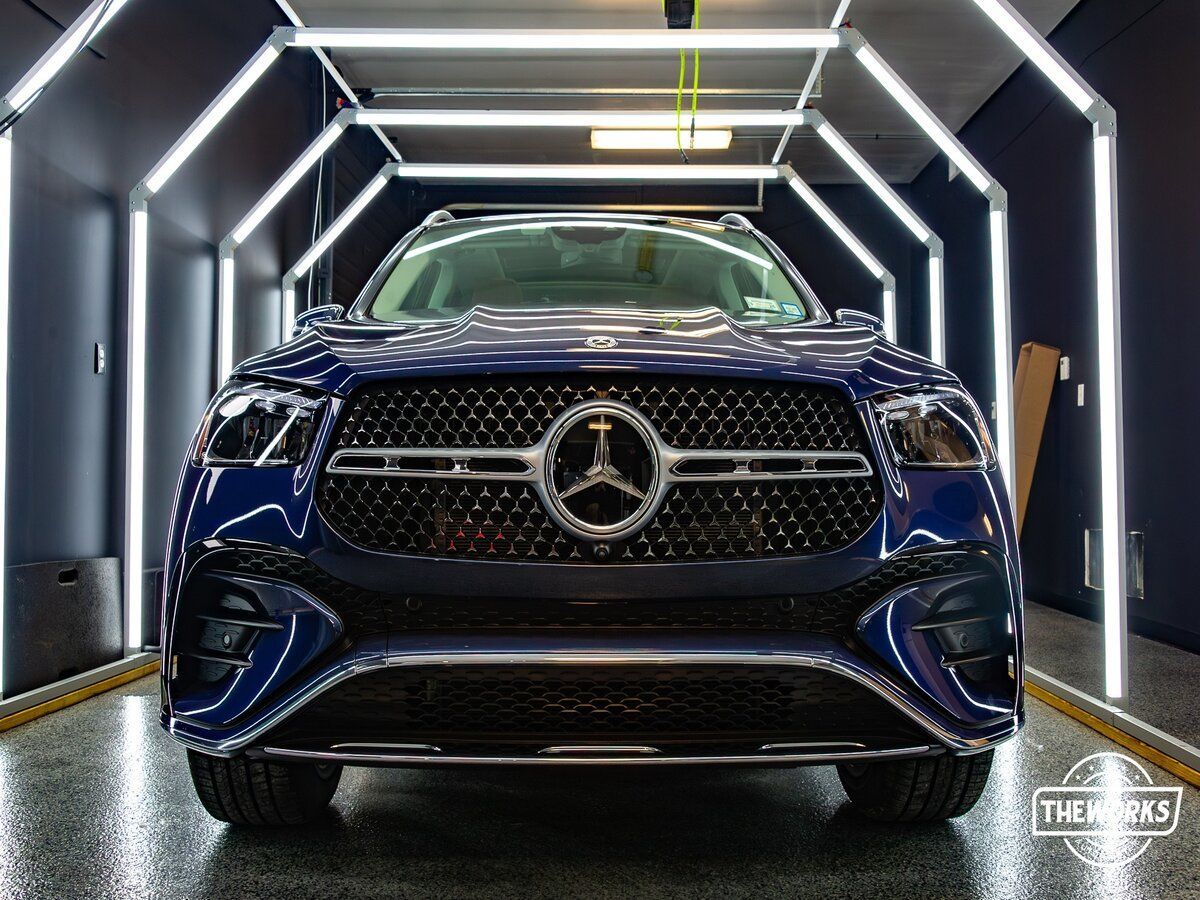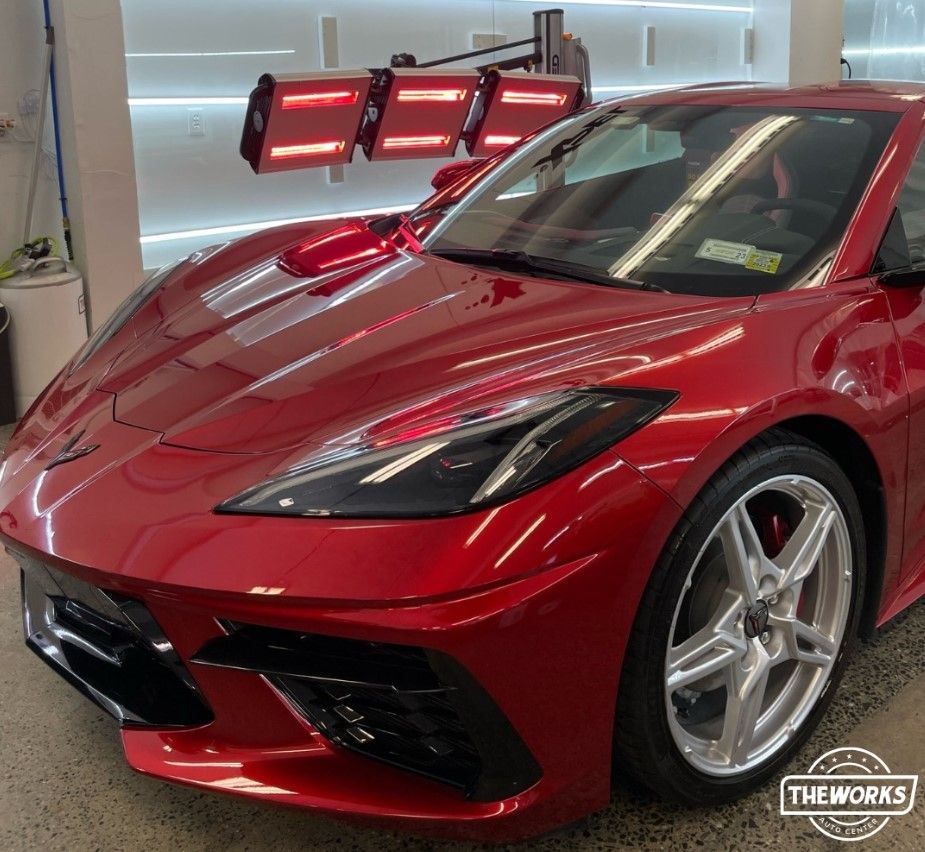DIY vs. Professional Ceramic Coating: Pros and Cons of Each Option
The choice between professional and DIY ceramic coating depends largely on considerations related to cost, final finish quality, durability, and the level of effort needed. Typically, professional services may come with higher costs but offer remarkable finishing and longer-lasting protection. In contrast, DIY solutions might be more wallet-friendly but demand more time and involve the risk of not getting the desired outcome. While professional application often results in an exceptionally glossy finish that lasts longer due to their expertise, going the DIY route can surprise you with quite satisfactory results if done carefully, though it might not match the durability of a professionally applied one.
Comparison: Professional vs. DIY Ceramic Coatings
When it comes to safeguarding your car's exterior, the choice between a professional or do-it-yourself (DIY) ceramic coating can feel daunting. Both options come with their own set of advantages and drawbacks that require careful consideration.
Let’s consider cost, for example. The average cost of professional ceramic coating can range from $500 to $2000, depending on the size of the vehicle and necessary corrections. On the other hand, the average cost of a DIY ceramic coating kit usually falls between $50 and $150. While DIY kits may offer a lower initial investment, it's important to consider the long-term benefits of a professional service, including warranties against defects or premature failure.
In terms of finish quality, professional ceramic coatings often deliver superior results due to higher concentrations of active ingredients and advanced formulations for hardness, durability, and resistance to environmental factors. While DIY kits offer a more personalized touch, they may not achieve the same level of finish quality as professionally applied coatings.
Another key factor is protection and longevity. Professional ceramic coatings typically come with warranties and can last upwards of five to eight years when properly applied and maintained. Conversely, DIY ceramic coatings may not have the same durability or performance as professionally applied ones, with an average lifespan of one to two years.
For instance, titanium dioxide (TiO2) contributes to hardness, strength, and longevity in ceramic coatings. High-quality professional ceramic coatings contain higher concentrations of TiO2 compared to some DIY alternatives. This means that even though SiO2 percentage is important, it's not the main determining factor in the protective capabilities of a ceramic coating.
And then there's the application process—it's not just about buying a product; it's about how you use it too. Professional ceramic coating involves entrusting the job to experienced technicians who specialize in applying and enhancing the longevity of ceramic coatings. They ensure thorough cleaning and preparation, precise application techniques, and expert knowledge of product instructions.
Ultimately, individual preferences, budget constraints, desired finish quality, and long-term maintenance considerations should carefully evaluate each option's merits and limitations. Making an informed decision about which option best suits your needs ensures that you'll get the protection and finish you're looking for without any unexpected surprises down the road.
Evaluating cost differences
When it comes to ceramic coatings, cost is a crucial factor to consider. Let's break down the financial aspects of choosing between a professional application and a DIY approach.
Professional ceramic coatings typically involve an initial investment that can range from $500 to $2000, varying based on the vehicle's size and any necessary correction work. This may seem like a significant expense upfront, but it's essential to consider the long-term benefits. Professional services often provide superior quality and durability, offering extended warranties and guarantees that surpass those of DIY alternatives. When properly applied and maintained, professional coatings can last upwards of five to eight years, providing sustained protection for your vehicle's surface.
On the other hand, DIY ceramic coating kits come at a lower initial cost compared to professional services. While this may initially seem like a more budget-friendly option, achieving professional-level results with a DIY approach requires meticulous preparation, mastery of application techniques, and a thorough understanding of product instructions. The upfront savings with DIY kits may potentially result in the need for more frequent reapplications or repairs down the line if the coating is not correctly applied or maintained.
Choosing between professional and DIY ceramic coatings is akin to deciding between hiring an expert mechanic to handle your car maintenance versus attempting complex repairs on your own. While both options have their merits, it's essential to weigh the upfront costs against potential long-term savings and benefits.
Ultimately, when evaluating the cost differences between professional and DIY ceramic coatings, it's crucial to consider not just the initial investment but also the long-term value and durability offered by each option. Understanding the trade-offs and potential outcomes will help you make an informed decision that aligns with your preferences and budget.
Analyzing Finish Quality and Protection
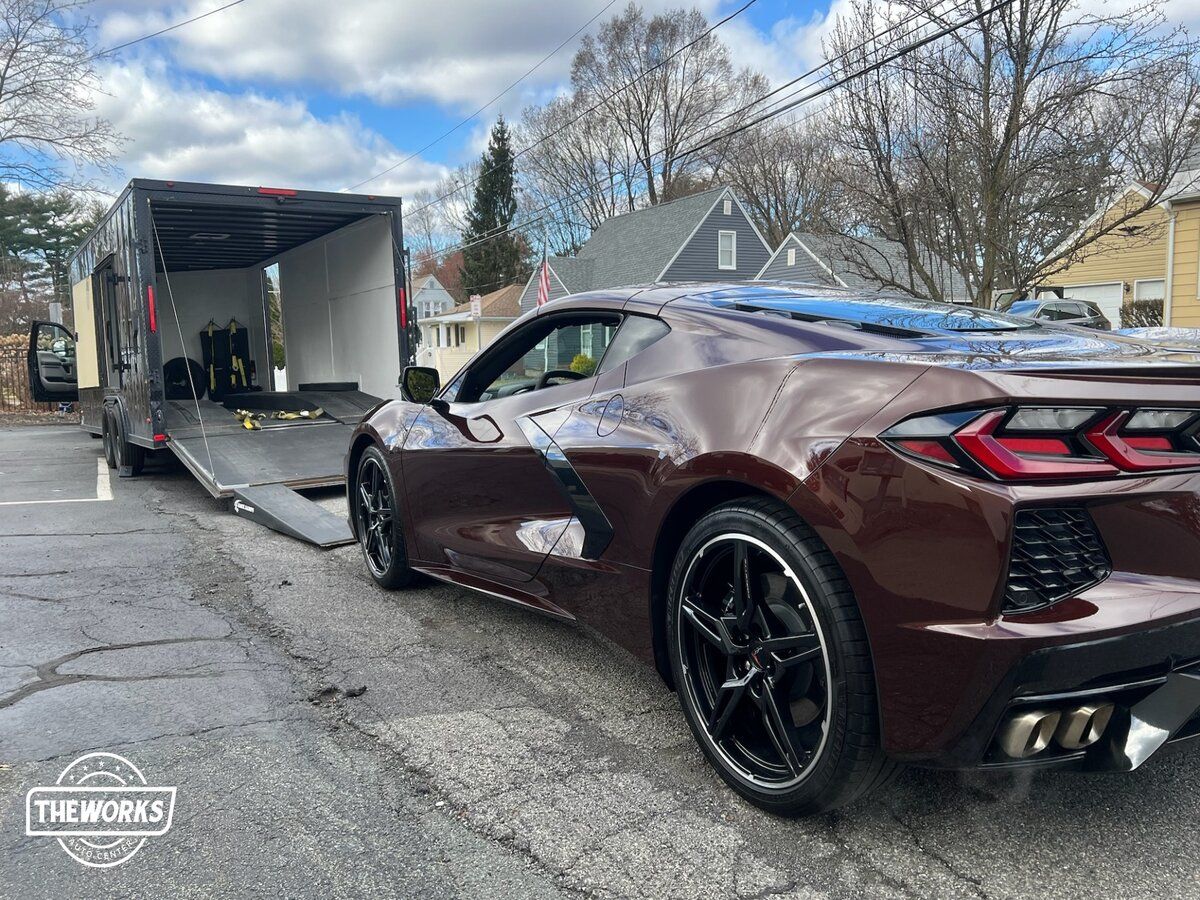
When it comes to the finish quality and protection provided by ceramic coatings, understanding the distinctive features and benefits of both professional and DIY application methods is essential.
Professional ceramic coatings
Professional ceramic coatings stand out in terms of their meticulous approach to cleaning, preparation, and application. Technicians specializing in professional application ensure precise coverage, even distribution, and proper bonding of the ceramic coating to the vehicle’s surface. Advanced formulations facilitate this process by enhancing hardness, durability, and resilience against environmental factors like UV rays, chemicals, and water. Not only does the protective layer enhance the vehicle's gloss, but it also offers enduring protection against external elements, shielding the vehicle from daily exposure.
One remarkable advantage of professional ceramic coatings is their ability to endure wear and tear over an extended period of time. With proper maintenance, these coatings can safeguard a vehicle's paintwork for several years, offering protection that surpasses traditional wax or sealant applications. Moreover, professional services often come with warranties that offer assurances against defects or premature failure, providing additional peace of mind for vehicle owners.
DIY Ceramic Coatings
On the other hand, DIY ceramic coatings may not have the same durability or performance as professionally applied ones. Although they enable car owners to apply the product themselves, providing a more personalized touch while potentially reducing expenses compared to professional services, achieving optimal results with a DIY ceramic coating requires significant emphasis on preparation and technique.
Preparation is key.
To successfully apply a DIY ceramic coating, proper preparation is crucial. This includes thorough cleaning to remove any contaminants from the surface of the vehicle and may involve swirl marks to ensure a smooth surface for adhesion. Understanding the specific requirements of the coating product, along with meticulous attention to application techniques and curing time, is paramount to achieving optimal results. Adhering to these detailed steps can be time-consuming but is essential for ensuring the effectiveness and longevity of the ceramic coating. While DIY options provide a level of customization and personalization for car enthusiasts, they also require commitment and precision in following product instructions to achieve professional-level results.
Ultimately, the cost-effectiveness of DIY ceramic coating depends on upfront expenses and long-term benefits. While it may potentially save money over time compared to professional services, achieving professional-level results requires technique mastery along with understanding product instructions.
The distinction between the finish quality and protection offered by professional and DIY ceramic coatings highlights the importance of understanding individual preferences and capabilities when selecting the appropriate option for your vehicle.
As you seek to fortify your knowledge on ceramic coatings further, let's now turn our attention toward unraveling the intricacies of professional application methods and how they contribute to longevity in protecting your vehicle’s appearance.
Understanding Professional Application and Longevity
When it comes to ceramic coatings for your car, the application process significantly impacts how long the coating lasts and its performance. Experienced professionals, skilled in surface preparation and precise application techniques, apply professional ceramic coatings, ensuring thorough cleaning and meticulous attention to detail, creating an ideal foundation for the ceramic coating to adhere to. Moreover, professional coatings often use higher concentrations of active ingredients, making them more durable and effective in providing long-term protection for your vehicle.
The Science Behind Professional Coatings
DIY alternatives are not as robust and resilient as professional-grade ceramic coatings. Researchers have improved formulations that include higher amounts of silicon dioxide or silica-based compounds. This makes them more resistant to UV rays, chemical stains, and wear and tear. This superior composition ensures that the coating maintains its protective properties for an extended period of time.
Imagine professional-grade ceramic coatings as fortified barriers that shield your car's paint from the elements. They act as a shield, repelling water, dirt, and contaminants, keeping your vehicle looking pristine for longer periods of time.
However, not everyone may opt for a professional application due to a variety of factors, such as cost or convenience.
Making the Right Choice: DIY or Professional?
Choosing between do-it-yourself (DIY) and professional ceramic coating can be a tough decision. Let's walk through some essential factors to consider to help with this choice.
Confidence Level
If you love taking charge and enjoy getting hands-on with your car, a DIY ceramic coating could be right up your alley. Imagine the satisfaction of doing it yourself! On the other hand, if you're not confident in your skills or worry about making costly mistakes, then seeking the advice of a professional might give you peace of mind.
Patience and precision
Applying a ceramic coating demands patience and precision, just like perfecting your favorite dish. Do you have the time to dedicate to meticulous preparation and application, or do you prefer leaving it to the pros who are well-versed in such tasks?
Convenience vs. personalization
Are you a fan of tailoring things to your exact liking? DIY kits offer you the freedom to personalize your car's finish according to your preferences. However, if the convenience of leaving it to experts appeals to you more than getting your hands dirty, then scheduling an appointment with professionals might be the right choice.
Number of vehicles owned and future reapplications needed
Consider how many vehicles you own and if you plan on reapplying ceramic coatings in the future. For multiple vehicles or future applications, DIY might seem more cost-effective initially, but remember that professional application ensures consistent results across all your vehicles without the hassle of individual DIY projects.
Budget Considerations
Budgeting is often a significant deciding factor. DIY kits are generally cheaper upfront, but they require careful preparation and application for professional-level results. Conversely, professional services involve an initial financial investment but guarantee superior results due to controlled environments, specialized tools, and expertise. Moreover, quality ceramic coatings from professionals can last several years with minimal maintenance.
Armed with these considerations, it becomes clearer why making the decision between DIY and professional ceramic coating isn't just about cost or convenience but also about personal preference and long-term effectiveness.
Application Process: From Prep Work to Final Coating
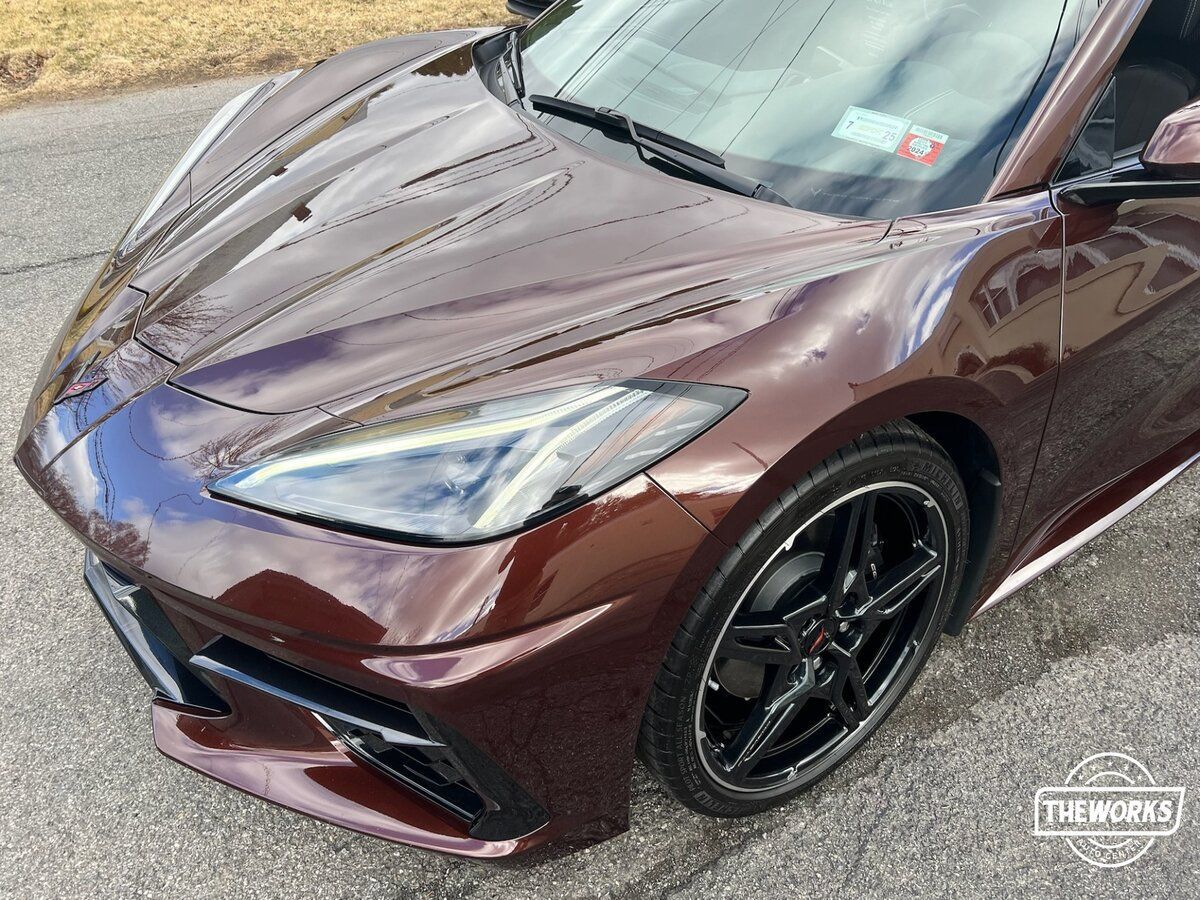
Applying a ceramic coating to your car is akin to giving it a protective shield that repels dirt, water, and other harmful substances, preserving the paint's fresh look for an extended period of time. Now, let's delve into the application process in detail, covering crucial steps and distinctions between professional and DIY methods.
Professional Application Technique
Entrusting experienced technicians means relying on them to flawlessly prep your car's surface and apply the ceramic coating accurately. This calls for precision and dedication.
- Firstly, the professional process involves comprehensive cleaning to eliminate impurities like dirt, wax, or residue. This may entail washing, claying, and polishing the car's surface to ensure it's impeccably clean.
- Subsequently, the technician applies the ceramic coating with meticulous techniques to ensure even coverage without any overlooked spots. The utilization of higher concentrations of active ingredients leads to enhanced performance and longevity.
- Professional coatings use a formulation that contains advanced compounds optimized for hardness and durability. They also provide superior resistance to environmental factors such as UV rays, oxidation, and chemical contaminants—elements that can wear away at your car's paint.
- Typically, after the initial application, there is a curing period that facilitates the coating's strong bond with the paint. This crucial step ensures a durable protective layer that lasts for several years.
DIY application method
In contrast, opting for a DIY approach involves self-applying the coating using available kits—offering a more personalized touch but with certain considerations.
- Car owners can apply DIY ceramic coatings at their own pace and convenience, thanks to their user-friendly design.
- However, achieving optimal results necessitates fastidious attention to proper preparation. This includes extensive cleaning to ensure no impurities impede the coating's bonding with the paint.
- The application itself involves meticulous adherence to instructions for uniform coverage and proper adhesion of the product. While it provides a sense of control and personalization, DIY coatings may not match the durability or performance of professionally applied ones.
Whether you opt for professional application with its expertise and precision or choose the hands-on approach in pursuit of personalization, both methods come with their particular advantages and considerations during the application process.
Understanding the nuances of each application method helps you make an informed decision based on your specific needs and preferences. It's all about finding the right balance between expertise and personal touch when safeguarding your vehicle’s paintwork.
Why choose the Works Auto Center?
Are you ready to elevate your vehicle's appearance and protection to unprecedented levels? Look no further than The Works Auto Center, where automotive excellence meets unparalleled craftsmanship. As your trusted expert for
ceramic coating services in Albany, New York, we're committed to delivering transformative results that exceed your expectations. With years of experience in the automotive industry, our team of skilled technicians possesses unparalleled expertise in ceramic coating applications. We stay at the forefront of industry advancements to ensure that your vehicle receives the highest standard of care. Book now!
